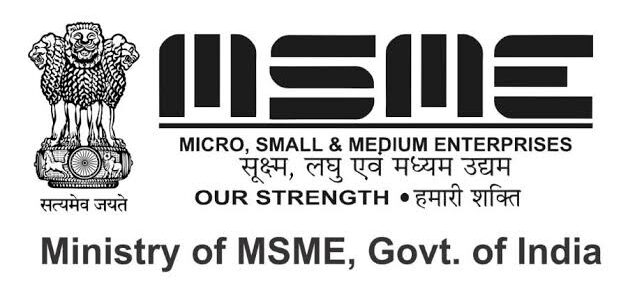Audit for Company
Original price was: ₹75,000.00.₹60,000.00Current price is: ₹60,000.00.
Audit is a critical function within a company aimed at evaluating and improving the effectiveness of risk management, control, and governance processes. It’s an independent, objective assurance and consulting activity designed to add value and improve operations. Audit includes internal audit, Compliance audit, or any other type of Audit as required.
10000 in stock
Description
Audit Benefits and Advantages :
1. Purpose and Objectives:
- Risk Management: Identify and assess risks faced by the organization, including operational, financial, compliance, and strategic risks.
- Control Evaluation: Evaluate the adequacy and effectiveness of internal controls in mitigating identified risks.
- Compliance: Ensure compliance with laws, regulations, and internal policies.
- Operational Efficiency: Assess the efficiency and effectiveness of operational processes and recommend improvements.
- Governance: Evaluate the overall governance framework, including the roles and responsibilities of the board and management.
2. Scope of Internal Audit:
- Financial Audits: Review of financial statements, accounting records, and transactions to ensure accuracy, completeness, and compliance with accounting standards.
- Operational Audits: Examination of operational processes and procedures to identify inefficiencies, risks, and opportunities for improvement.
- Compliance Audits: Verification of adherence to laws, regulations, contractual agreements, and internal policies.
- Information Technology (IT) Audits: Assessment of IT systems, controls, and security measures to safeguard data and ensure reliability.
- Special Investigations: In-depth inquiries into specific issues such as fraud, misconduct, or suspected irregularities.
3. Key Activities:
- Risk Assessment: Identify and prioritize key risks faced by the organization.
- Audit Planning: Develop a risk-based audit plan outlining the objectives, scope, resources, and timelines for audit engagements.
- Fieldwork: Conduct audit procedures, including testing of controls, sample testing, documentation review, and interviews with relevant personnel.
- Reporting: Communicate audit findings, observations, and recommendations to management and the audit committee through formal audit reports.
- Follow-up: Monitor the implementation of audit recommendations and track progress on corrective actions.
4. Internal Audit Process:
- Preparation: Gather relevant information, including policies, procedures, prior audit reports, and industry best practices.
- Execution: Perform audit procedures in accordance with the audit plan, documenting evidence and observations.
- Analysis: Analyze audit findings to identify root causes, trends, and areas for improvement.
- Reporting: Prepare clear, concise, and objective audit reports, including recommendations for remedial actions.
- Follow-up: Monitor the implementation of audit recommendations and report on progress to stakeholders.
5. Independence and Objectivity:
- Internal auditors maintain independence and objectivity in their assessments, free from undue influence or bias.
- They report functionally to the audit committee or board of directors, ensuring accountability and oversight.
6. Professional Standards:
- Internal audit activities adhere to professional standards such as the International Standards for the Professional Practice of Internal Auditing (IIA Standards) or relevant local standards.
7. Continuous Improvement:
- Internal audit functions continually evolve to adapt to changing business environments, emerging risks, and stakeholder expectations.
- Regular assessments of the internal audit process help identify opportunities for enhancement and optimization.
Conclusion:
In summary, internal audit plays a vital role in providing independent assurance and valuable insights to management, the board, and other stakeholders. By evaluating risk management, controls, and governance processes, internal audit helps organizations achieve their objectives, safeguard assets, and enhance overall performance and accountability.


















